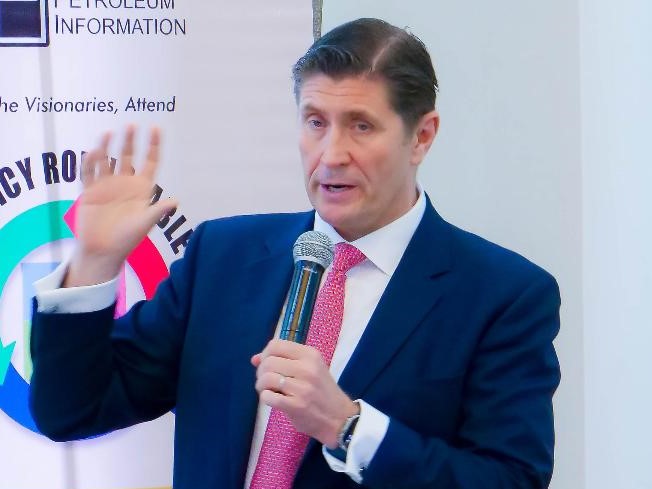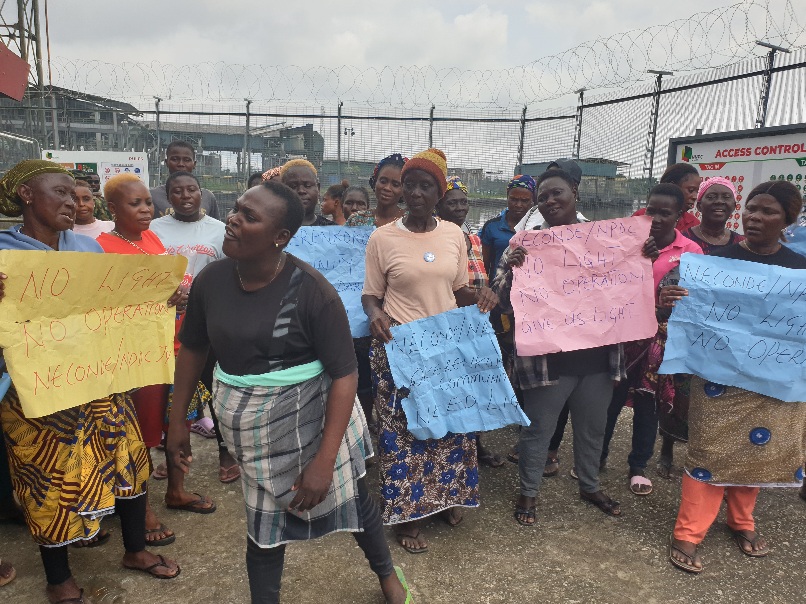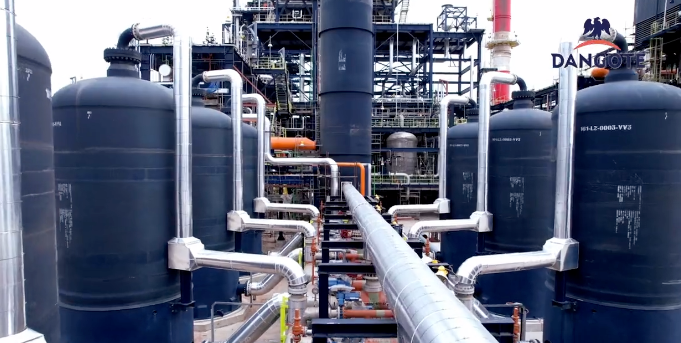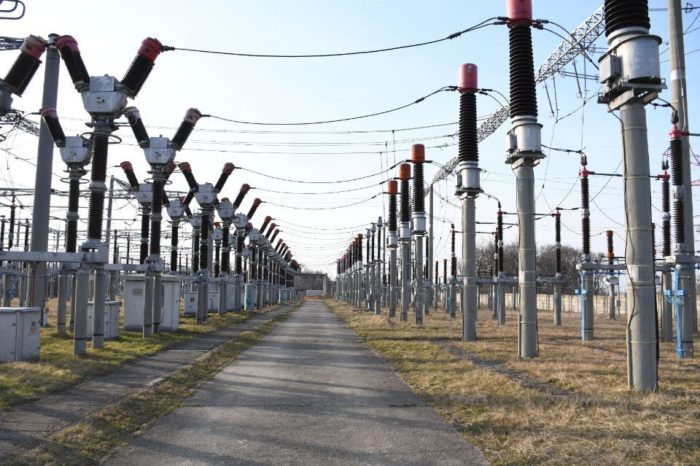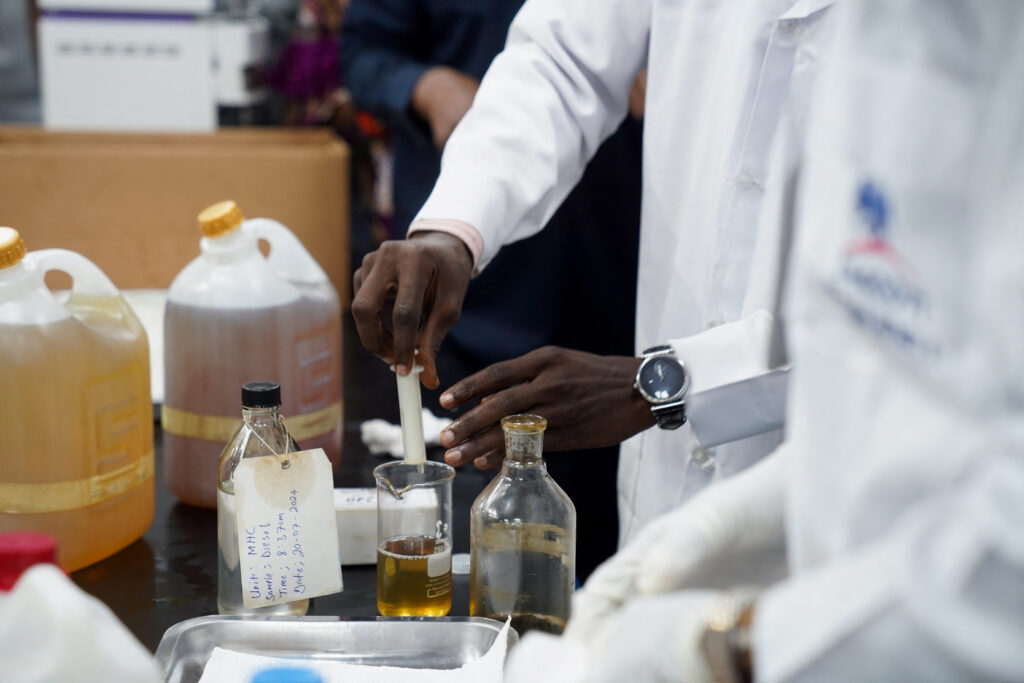Tinubu’s Policy Advisory Council recommends merger of NUPRC, NMDPRA, NCDMB, sales of NNPCL stake in oil, gas assets
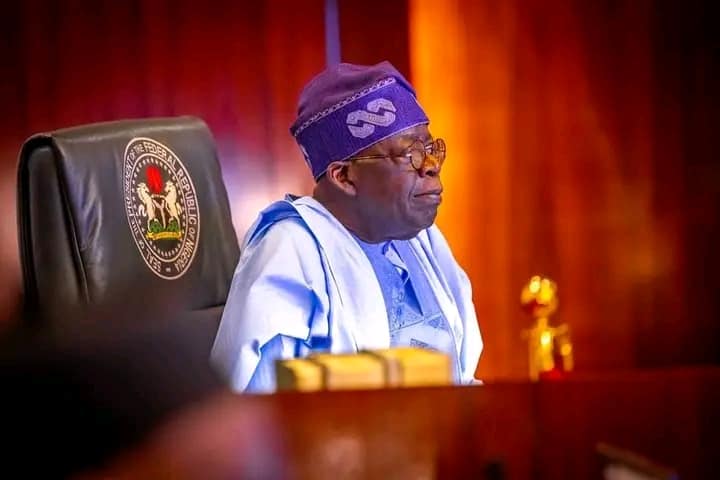
This was part of the recommendations of the Energy and Natural Resources sub-committees, captured in the Policy Advisory Council report dated May 2023 and submitted to President Tinubu.
EnergyDay gathered that the Policy Advisory Council was set up when Tinubu emerged as the President-elect after the General election in February 2023.
The PAC Energy sub-committee noted that government and regulatory concerns have eroded investor confidence, diverting private capital needed for the development of critical oil and gas infrastructure.
It said, “Cumulatively, these have reduced the energy sector contribution to economic growth and deprived citizens of the necessary infrastructure and social amenities required for improving living standards.”
It particularly urged the President to integrate NUPRC, NMDPRA, and NCDMB into a single regulator or include all midstream activities into NUPRC’s scope.
The sub-committee, therefore, emphasised that the reorganization of the regulatory authorities would be to deliver set milestone goals, adding that there was a need to headhunt and place capable resources in critical positions in the oil and gas sector.
The sub-committee also proposed and encouraged President Bola Tinubu’s administration to sell the major stakes of the NNPC in the upstream, midstream, and downstream sectors of the oil and gas industry, with estimated earnings of about $17 billion from the sale of the NNPC’s majority, stakes in the oil and gas assets.
The council further advised Tinubu to head-hunt competent, tested, reform-focused leaders in NNPCL and ensure the company discharges its function as a commercial entity as stipulated in the Petroleum Industry Act (PIA).
The sub-committee also suggested that the NNPCL should also be strengthened and placed in a position where it would be paying taxes, royalties, and profits to the Federation Account.
The report also proposed the full deregulation of petrol pricing and implementation of the Federal Direct Cash Transfer Programme, with the disbursement of World Bank’s $8 billion in Direct Cash Transfer to the poorest 30 million Nigerians.
It advised the president to end insecurity in oil-producing states, particularly in Imo, Delta, Ondo, Rivers, Bayelsa, and Akwa-Ibom by engaging key political and community stakeholders.
The council called for the reforming of the operations of the military task force with clearly defined Key Performance Indicators (KPIs) and consequent management to tackle deficiencies.
To improve financing in the oil and gas sector, the council called for a debt repayment framework and a transition to market prices for gas.
It stressed the need for Tinubu’s government to put robust policies in place in order to unlock Nigeria’s energy potential to fuel economic growth and diversification while improving energy security sustainably.
It proposed that the government should work to raise Nigeria’s oil and gas production to 1.8 million barrels per day(mbpd) and 3.5 Billion cubic feet (bcf) in the next 18 months ending December 2024.
The advisory council urged President Tinubu to mandate NNPCL, NUPRC, and NMDPRA to close out outstanding divestments and contract issues for project delivery clarity.
It further urged the president to strip NNPCL of policy-making roles. It also asked the President to keep NCDMB within its mandate as the Local Content Act prescribes.
The sub-committee, therefore, asked the new administration to work towards achieving some milestones within the first 100 days ending August 2023.
The members of the PAC Energy sub-committee consist of George Etomi, Austin Avuru, Olu Verheijen, Segun Lawson, AbdulRasaq Isa, Bashir Bello, Ifeanyi Ajuluchukwu, Doyin Akinyanju, Tinuade Sanda, Mohammed Abbas, Ahmad Zakari, and Nasiru Wada.

